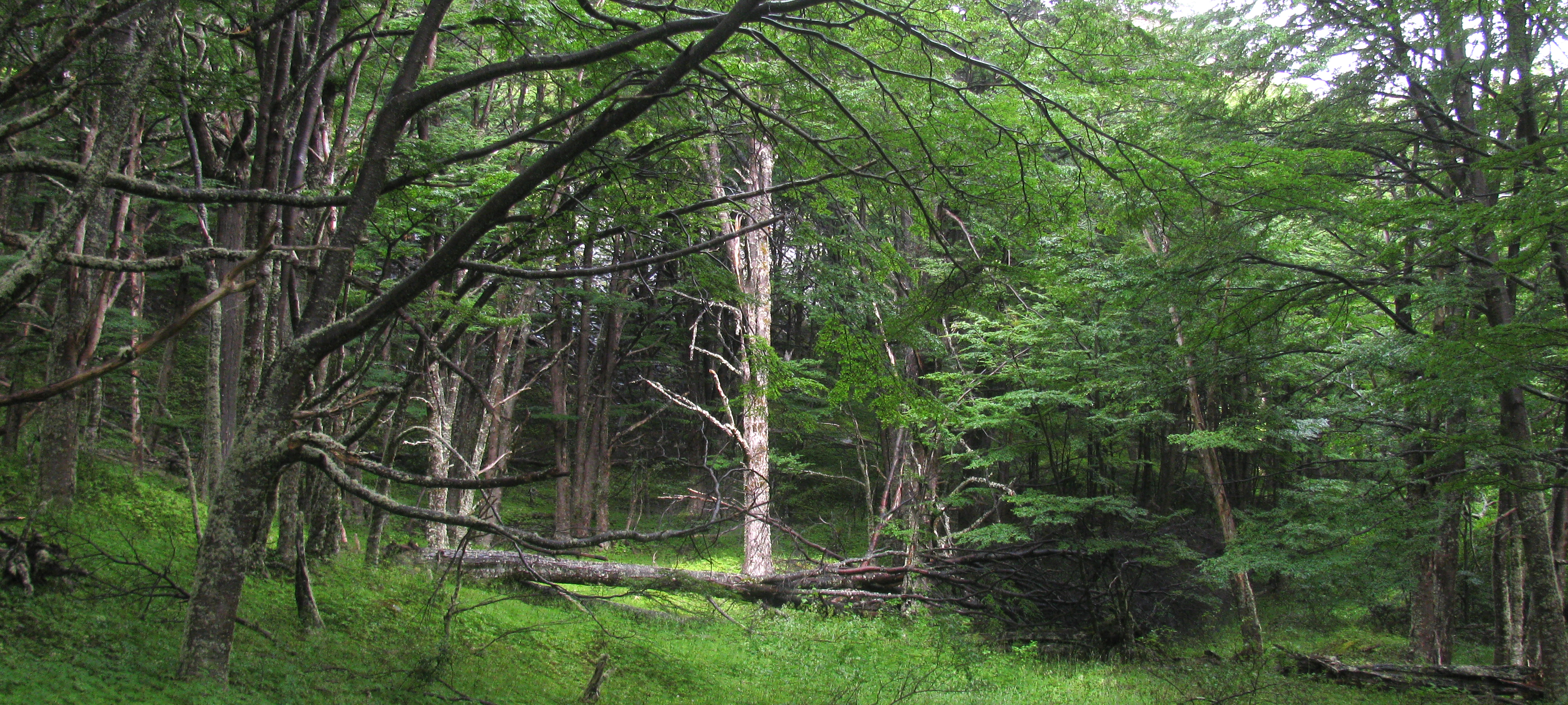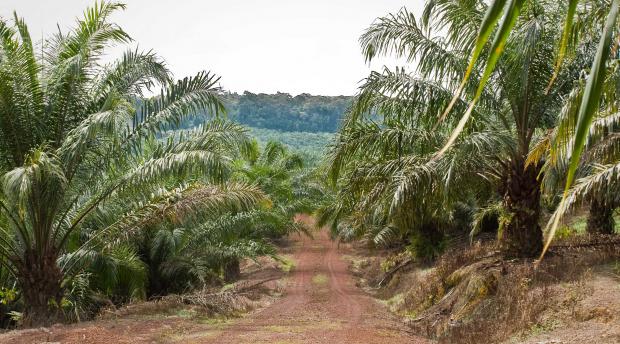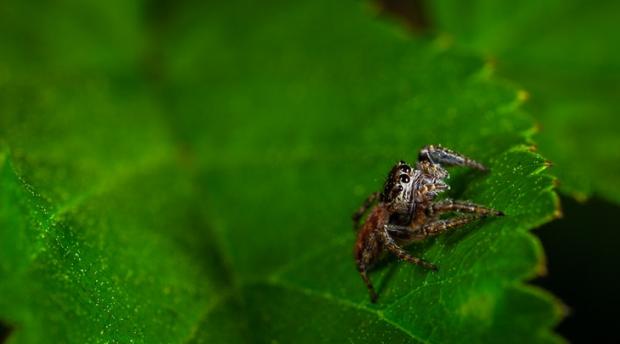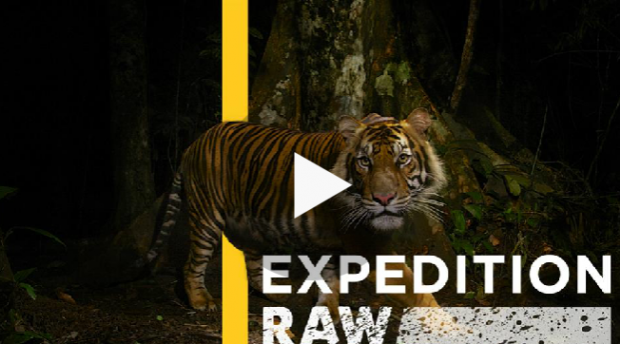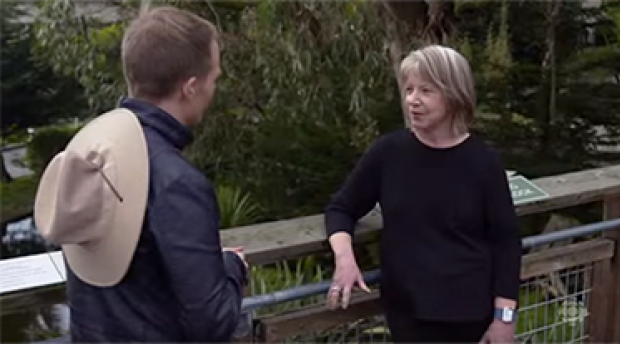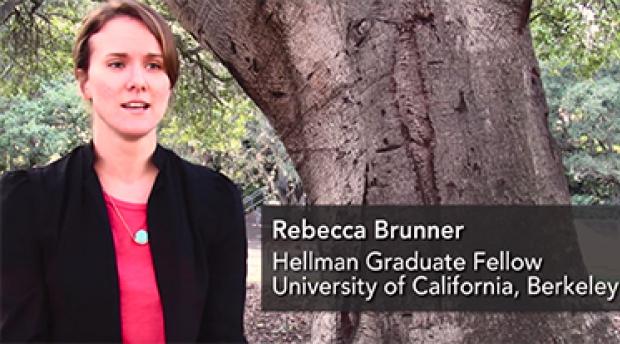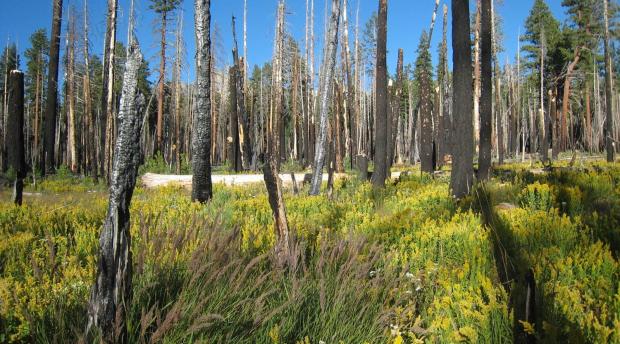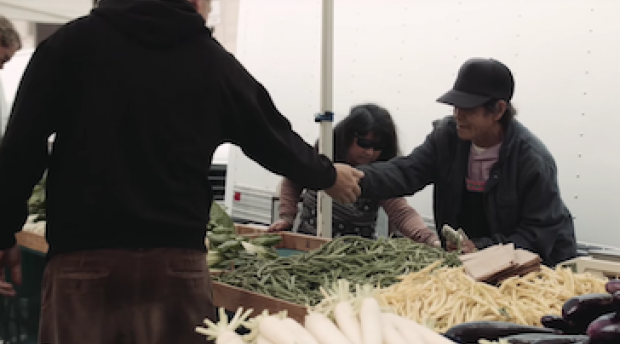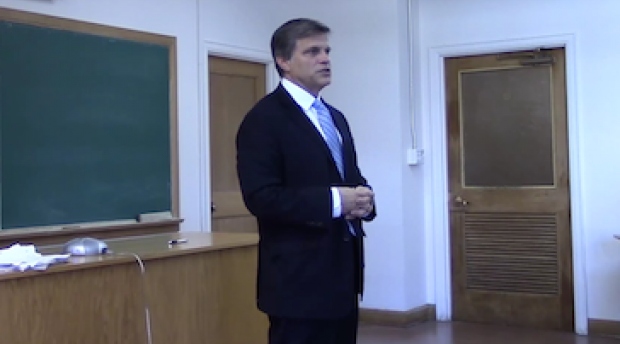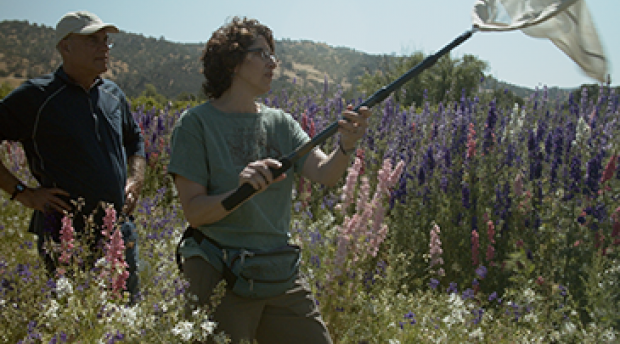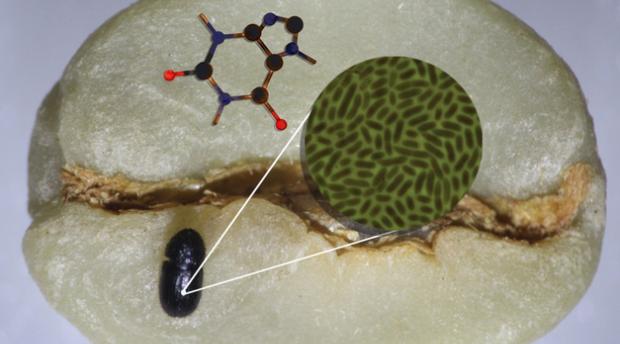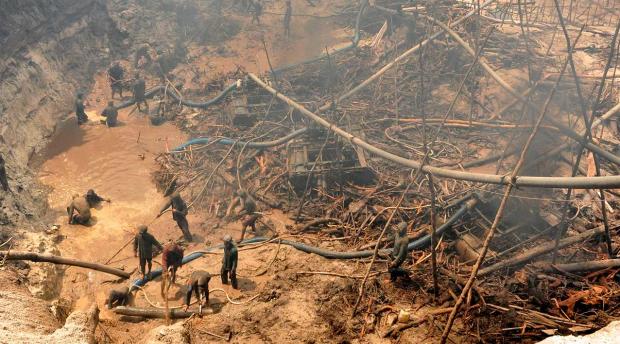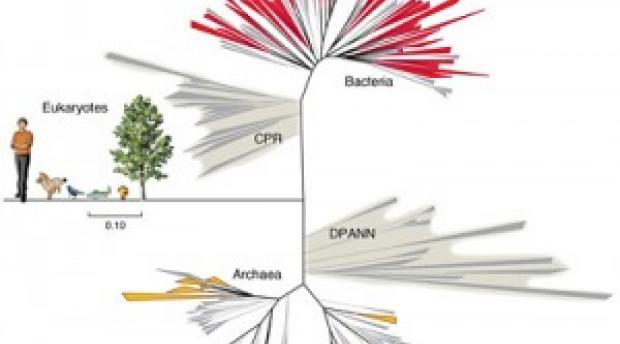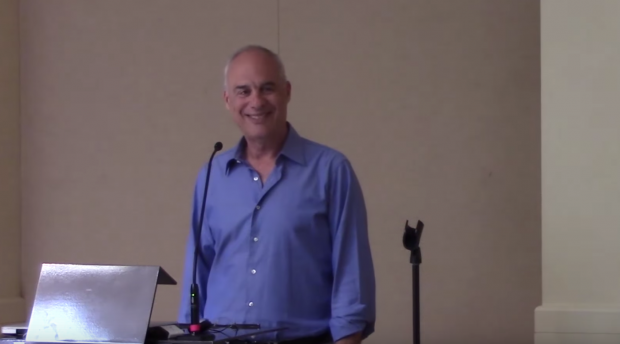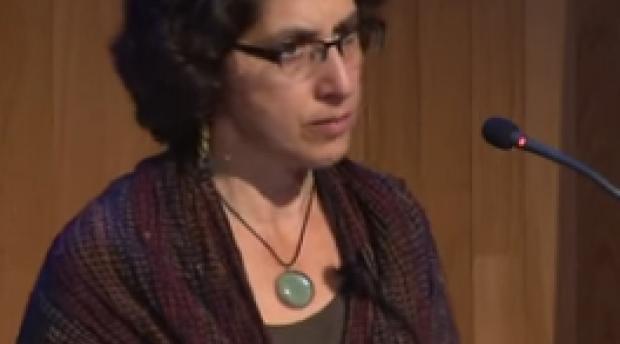Multimedia
WIRED video shows the realities of a 4C world
Professor of Atmospheric Science Inez Fung joins forces with Western Digital's Chief Data Officer Janet George and comedian Aparna Nancherla on a video imagining the effects of drastic climate change.
Climate video series: Declining wildlife and human misery
Justin Brashares explores the social and cultural impacts of declining wildlife populations around the world, from fish to carnivores.
Deforestation ‘tip of the iceberg’ for environmentalists’ concerns about oil palm
A new study by CNR researchers demonstrates that the impacts of oil palm expansion on forests is much worse than previous thought.
Climate video series: Bees lead the way to farming’s future
If our farms are going to feed a growing planet without hastening climate change, says Professor Claire Kremen, they need to transition to diversified agricultural practices.
Climate video series: How do we verify climate treaties?
Inez Fung discusses how to verify that nations are living up to their carbon-reduction promises.
Drones help monitor health of giant sequoias
Professor Todd Dawson tests drone-based research tools as a way to monitor the Sierra Nevada’s giant sequoias and predict how they will deal with climate change and drought.
Science to Solutions Videos
Four ESPM professors participated in the College of Natural Resources' Science to Solutions Iniative.
Video: Jumping spider seduction
Damian Elias’s lab studies spider courting rituals, which, until recently, were impossible to perceive by human senses.
Video: Matthew Luskin on Tracking Tigers in the Rain Forest
PhD candidate and National Geographic grantee Matthew Luskin spent a year in the rain forest of Indonesia tracking critically endangered Sumatran tigers.
Katharine Milton on the curious case of vitamins and me
ESPM Professor Katharine Milton appeared in an episode of a Canadian TV series to discuss the loss of the ability to synthesize vitamin C and what this means for humans today.
Rebecca Brunner Takes 1st Place in Video Contest
Congratulations to 1st year Ph.D student Rebecca Brunner, the first place winner of the 2016 Distinguished Fellows Video Contest.
Fighting fire with fire benefits forests, watersheds
Research in the Illilouette Creek Basin shows that allowing fires to burn, rather than strict fire suppression, can lead to more resilient forests with smaller future fires and lessened impacts on the environment.
CA Matters Video: Jennifer Sowerwine on the changing face of California Agriculture
ESPM Cooperative Extension Specialist Jennifer Sowerwine appeared on New York Times columnist Mark Bittman's video series to discuss Hmong and Mien farmers in California's Central Valley.
Douglas Brinkley, "Forester in Chief: Franklin D. Roosevelt, the CCC and Wild America"
Historian Douglas Brinkley visited Berkeley on September 17, 2015 to deliver a talk as part of the ESPM Seminar series.
Claire Kremen talks pollinators and crops with Mark Bittman
ESPM Professor Claire Kremen appeared on New York Times food columnist Mark Bittman's video series about sustainable agriculture to discuss the role of pollinators in crop production.
Targeting microbes could help fight coffee pest
A microbe in the coffee berry borer's gut allows it to consume massive amounts of caffeine. Research co-authored by professor Eoin Brodie and Postdoc Javier Ceja-Navarro sheds light on the ecology of the destructive bug and could lead to new ways to fight it.
Documenting small-scale gold mining in Indonesia
Dangerous, illegal, and environmentally destructive, smallholder mining in Indonesia nevertheless offers a shot at prosperity for marginalised rural people.
Newfound groups of bacteria are mixing up the tree of life
Scientists have identified more than 35 new groups of bacteria, clarifying a mysterious branch of the tree of life that has been hazy.
2015 Gradfest Symposium Keynote: A Discussion with Mark Bittman
The 2015 Gradfest keynote lecture was an extended Q&A Session with award-winning journalist and New York Times columnist Mark Bittman.
Fixing a Broken Food System: Claire Kremen at Edible Education 101
The food system is multi-disciplinary and complex, involving agroecology, agronomy, anthropology, economics, nutrition, sociology, and the arts.

